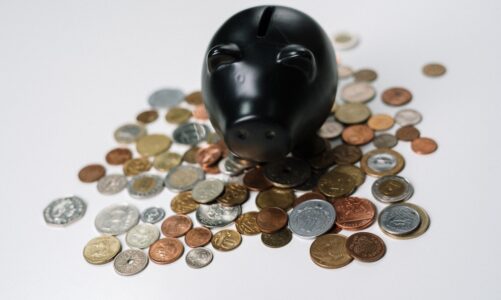The piano is a musical instrument and an elegant piece of craftsmanship that has enchanted generations with its melodious tunes. However, maintaining a piano in its optimal playing condition requires careful attention and regular maintenance. Piano maintenance costs can vary significantly depending on various factors. Here you will know the key factors that influence piano maintenance costs and offer insights to help piano owners make informed decisions about their instrument’s care.
Age and Condition of the Piano
The age and condition of the piano play a crucial role in determining the piano maintenance cost in Phoenix, AZ. An older piano or one that has been neglected may require more frequent and extensive repairs, driving up the overall maintenance expenses. Vintage or antique pianos, while cherished for their historical value, often necessitate specialized restoration work, which can be quite costly. On the other hand, a well-maintained, newer piano may have fewer immediate repair needs and can be more cost effective to maintain in the long run.
Frequency of Tuning
Regular tuning is essential to keep a piano in tune and maintain its tonal quality. However, how often a piano needs tuning can vary based on factors such as climate, humidity levels, and the instrument’s usage. Pianos located in regions with extreme weather fluctuations may require more frequent tuning. Concert pianos used frequently for performances may need tuning before each event. Generally, tuning a piano at least twice a year is recommended, but some pianos may require more frequent tuning, leading to higher maintenance costs.
Quality of Previous Maintenance
The quality of past maintenance and repairs can impact the current maintenance costs. A piano that has received regular and expert care over the years is likely to be in better condition and require fewer repairs compared to one with a history of neglect or improper servicing. It is essential for piano owners to keep detailed records of past maintenance and to ensure that any repairs are carried out by reputable technicians using high-quality parts.
Climate and Environmental Factors
Pianos are sensitive to changes in temperature and humidity. Extreme fluctuations can cause the wooden components to expand or contract, affecting the tuning stability and potentially leading to structural issues. Pianos located in regions with high humidity levels may be prone to mold and moisture damage, while those in dry climates may experience cracks in the soundboard and other components. To counter these effects, investing in a climate control system or a piano-specific humidifier becomes necessary, adding to the overall piano maintenance costs in Phoenix, AZ.
Usage and Intensity of Playing
The frequency and intensity of piano usage also impact maintenance costs. Pianos used for regular practice or professional performances are subject to more wear and tear compared to those occasionally played for leisure. The hammers, strings, and other moving parts of a heavily used piano may wear out faster, requiring more frequent replacements and adjustments, thereby increasing maintenance expenses.
Location and Accessibility
The location and accessibility of the piano can affect maintenance costs, especially when it comes to moving or transporting the instrument. Pianos located on higher floors or in hard-to-reach areas may require specialized equipment and expertise for transportation, leading to higher costs for moving and handling.
Type of Piano
Different types of pianos have varying maintenance requirements and costs. Grand pianos, for instance, have more complex mechanisms and longer strings than upright pianos, which can impact the cost of repairs and tuning. Additionally, digital pianos, while requiring less frequent tuning, may still incur maintenance expenses related to electronics and technical components.
Professional Technician Charges
The expertise and experience of the piano technician can also influence the maintenance costs. Technicians with specialized training and extensive experience may charge higher for their services, but they are more likely to deliver quality workmanship and accurate assessments of the piano’s condition.
Conclusion
Owning a piano is a rewarding experience that brings the joy of music into our lives. However, it’s essential to understand the various factors that affect piano maintenance costs to plan and budget effectively for its care. Factors such as the piano’s age, condition, tuning frequency, past maintenance history, climate, and usage all contribute to the overall maintenance expenses. By being proactive in regular maintenance, keeping detailed records, and seeking the services of reputable technicians, piano owners can ensure that their cherished instrument remains in optimal condition for years to come without incurring unexpected financial burdens. Ultimately, a well-maintained piano will continue to fill our homes with beautiful melodies and stand as a testament to the timeless allure of this remarkable musical instrument.



